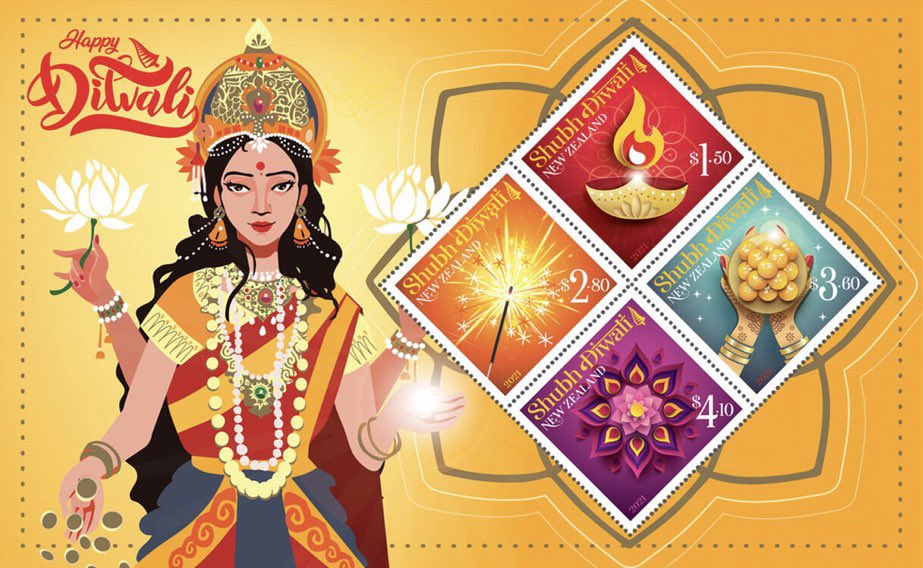
In ancient India much store was set by the Vedic rites, which were said to be so scientific in their application that when the sages prayed for rain there was never any drought.
It is thus that a man set himself to pray, according to these rites, to the goddess of wealth, Lakshmi, begging her to make him rich.
He prayed to no effect for 10 long years, after which period of time, he suddenly saw the illusory nature of wealth and adopted the life of a renunciate in the Himalayas.
He was sitting in meditation one day when he opened his eyes and saw before him an extra-ordinarily beautiful woman, all bright and shining as if she was made of gold.
“Who are you and what are you doing here?” he asked.
“I am the goddess Lakshmi to whom you recited hymns for 12 years,” said the woman. “I have appeared to grant you your desire.”
“Ah, my dear goddess,” exclaimed the man. “I have since attained the bliss of mediation and lost my desire for wealth. You came too late. Tell me, why did you delay so long in coming?”
“To tell you the truth,” said the Goddess, “Given the nature of those rites you so faithfully performed, you had fully earned the wealth. But in my love for you and my desire for your welfare, I held it back.”
If you had the choice, which would you choose: the granting of your petition or the grace to be at peace whether it is granted or not?
More in The Prayer of the Frog (Volume I) by Anthony de Mello.
Anthony de Mello (1931-1987) was an Indian Jesuit priest and psychotherapist. A spiritual teacher, writer and public speaker, De Mello wrote several books on spirituality and hosted numerous spiritual retreats and conferences. He continues to be known for his storytelling, which drew from the various mystical traditions of both East and West.
Diwali postage stamps issued by New Zealand in October 2021. Design shows Goddess Lakshmi on miniature sheet selvage, lamp, sparkler, sweets and Rangoli. Image courtesy: Better Philately on X.
